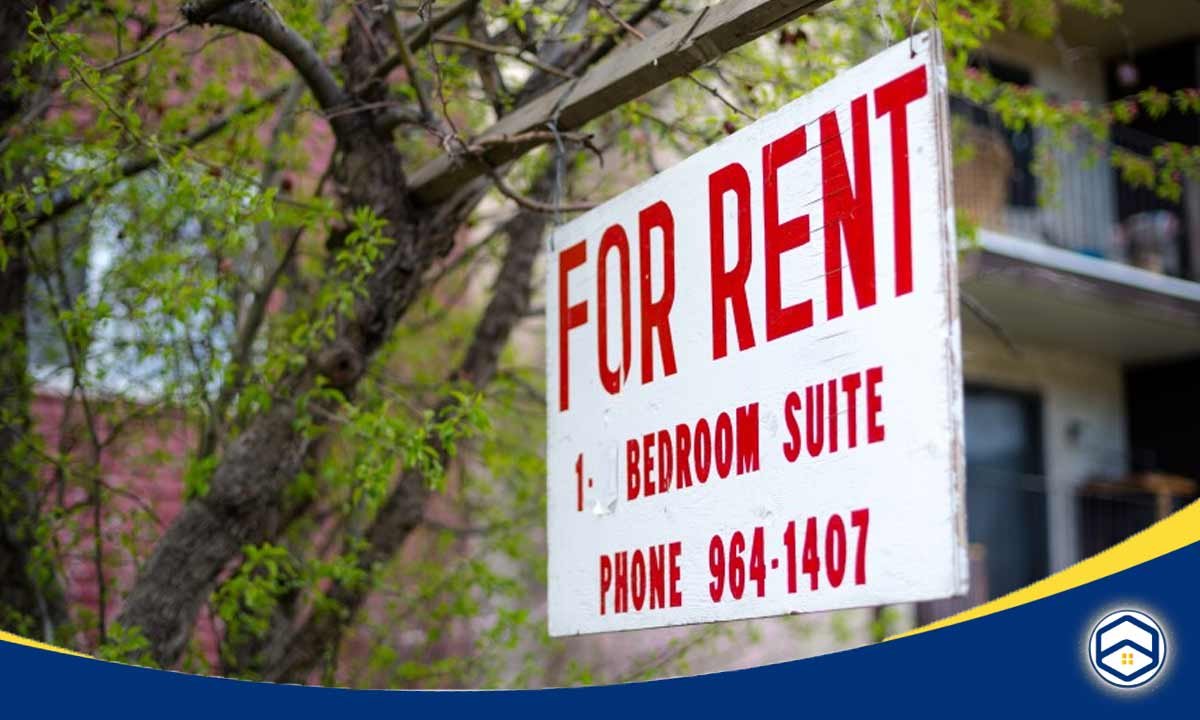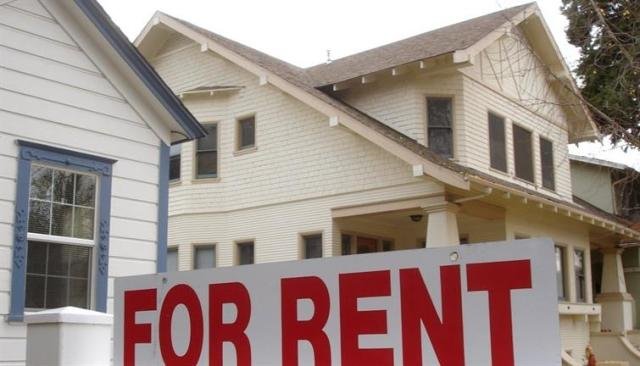Finding the perfect apartments for rent can be both exciting and overwhelming. The rental market is constantly evolving, influenced by various factors including economic conditions, demographic shifts, and individual preferences. This guide will explore essential aspects of renting apartments, providing you with the knowledge needed to navigate this competitive landscape successfully.
Understanding the Rental Market
Overview of the Current Rental Landscape
The rental market has seen significant changes in recent years, particularly in the wake of the COVID-19 pandemic. Urban areas initially faced a decline in demand as remote work allowed many people to relocate to more affordable regions. However, recent trends indicate a resurgence in urban interest, driven by a desire for proximity to work, social amenities, and vibrant lifestyles. The competition for rental units remains high, especially in major cities, resulting in fluctuating rental prices.
According to data from Zillow and Apartment List, rental prices have increased in many areas, reflecting a strong demand that often outpaces supply. Understanding these trends can help renters anticipate price changes and secure favorable deals.

Factors Influencing Apartment Rental Prices
Several key factors influence apartment rental prices:
- Location: Proximity to downtown areas, public transport, and local attractions generally increases rent. Neighborhood desirability plays a significant role; for example, apartments in areas with high walkability scores or excellent school districts can command higher prices.
- Size and Type of Apartment: The dimensions and type of apartment (studio, one-bedroom, or multi-bedroom) will directly affect the rental price. Larger units or those with unique layouts often come at a premium, while smaller units might offer more affordable options.
- Amenities and Services: Apartments that offer amenities such as fitness centers, swimming pools, or concierge services may charge higher rents. Renters should consider which amenities are essential versus those that can be sacrificed to stay within budget.
Finding Apartments for Rent
Best Online Platforms for Apartment Hunting
Several online platforms have emerged as go-to resources for apartment hunting, each offering unique features:
- Zillow: Provides comprehensive listings, neighborhood insights, and rent estimates, making it easier for renters to evaluate options based on their criteria.
- Apartments.com: Features a detailed map view to help users explore nearby amenities, such as grocery stores and parks, which can enhance the rental experience.
- Realtor.com: Offers extensive listings with the ability to set alerts for new rentals, allowing users to stay updated on the latest opportunities.
Utilizing these platforms can streamline your apartment search, providing valuable information to help you make informed decisions.

Utilizing Local Resources
While online platforms are essential, local resources can yield valuable insights and opportunities. Community bulletin boards, local newspapers, and neighborhood-specific social media groups often post rentals that may not be listed online. Engaging with the community can provide leads on available apartments for rent and help you gauge the neighborhood atmosphere.
Networking with local residents can also offer insights into the rental market that online searches may overlook, such as emerging neighborhoods or insider tips on rental trends.
Budgeting for Your Apartment
Calculating Your Rent Budget
Establishing a rent budget is critical to your apartment search. A common guideline suggests spending no more than 30% of your gross monthly income on housing. To create a realistic budget, include not just the rent but also additional costs such as:
- Utilities: Electricity, water, and gas can vary significantly by location and season.
- Internet and Cable: These services are often necessary but can add up quickly, so it’s essential to factor them into your monthly budget.
- Transportation: Consider commuting costs if you live far from your workplace or school.
By calculating your total monthly expenses and income, you can set a budget that ensures you’re financially comfortable in your new apartment.
Hidden Costs to Be Aware Of
Apartments for rent might seem affordable at first glance, but hidden costs can quickly add up. Be on the lookout for:
- Application Fees: Many landlords require fees for processing rental applications, which can be non-refundable.
- Security Deposits: Typically equal to one month’s rent, security deposits can be significant upfront costs, but they are refundable if the apartment is left in good condition.
- Utilities and Maintenance Fees: Clarify with the landlord which utilities are included in the rent. Knowing whether you’re responsible for maintenance and repair costs can save you from unexpected expenses down the line.

The Apartment Viewing Process
Preparing for Your Apartment Tours
Once you’ve identified potential apartments for rent, it’s time to schedule viewings. Being prepared can make a significant difference in your decision-making process. Consider bringing a checklist of questions to ask during each visit, including:
- What is included in the rent?
- How are maintenance requests handled?
- Are there any plans for renovations or construction nearby?
Evaluating Neighborhoods
When selecting an apartment, evaluating the neighborhood is just as important as assessing the unit itself. Research local amenities, such as schools, parks, grocery stores, and restaurants. Understanding the safety and general vibe of the area can greatly impact your living experience. Look into crime rates, community engagement, and public transportation options to ensure the neighborhood aligns with your lifestyle.
Application and Leasing Process
Steps to Secure Your Rental
Once you’ve found an apartment that meets your needs, understanding the application process is essential. Typically, you’ll need to prepare:
- Proof of Income: Provide recent pay stubs, tax returns, or bank statements to demonstrate financial stability. Self-employed applicants may need extra documentation, such as 1099 forms or a letter from an accountant.
- References: Include contact information for previous landlords or personal references. First-time renters can use employer or colleague references.
- Credit Check Authorization: A good credit score can boost your chances. Be prepared for landlords to run a credit check and explain any issues upfront.
- Rental History: If applicable, provide past leases or payment receipts to show you’re a reliable tenant.
- Security Deposit: Expect to pay a refundable deposit, typically equivalent to one month’s rent, upon signing the lease.
Presenting yourself as a responsible and reliable tenant can enhance your chances of obtaining the lease.
Reading and Understanding the Lease Agreement
Before signing the lease, it’s crucial to thoroughly review its terms. Key components to look for include:
- Lease Duration: Confirm the length and whether it’s short- or long-term. Ask about renewal options.
- Rent Increase Clauses: Understand if and when rent might increase during your lease term.
- Maintenance Responsibilities: Clarify which repairs you’re responsible for and how to report major issues.
- Early Termination Policy: Know the consequences of breaking the lease early, including fees or notice requirements.
- Tenant Rights: Review privacy policies and your rights as a tenant, such as notice before landlord visits.
Moving In and Settling Down
Tips for a Smooth Move-In Experience
A well-planned move can help ensure a stress-free transition into your new apartment. Create a moving checklist that includes:
- Utility Setup: Schedule utilities to be activated before moving in, including electricity, water, gas, and internet.
- Moving Logistics: Arrange for moving help, whether it’s friends or a moving company, and consider renting a truck if necessary.
- Walkthrough Inspection: Conduct a walkthrough with the landlord before moving in to document any existing damage or issues, protecting yourself from potential disputes over the security deposit.
Building a Community in Your New Apartment
After settling in, take proactive steps to integrate into your new community. Engage with neighbors through social gatherings, community events, or local meetups. Exploring local activities and attractions can help you feel more at home and build connections in your new environment.
Conclusion
Finding the right apartments for rent involves a comprehensive understanding of the rental market, diligent budgeting, and proactive searching. By utilizing the resources and strategies outlined above, you can navigate the complex landscape of renting more effectively. Stay informed and engaged throughout the process to ensure a smooth transition to your new home. Happy apartment hunting!










